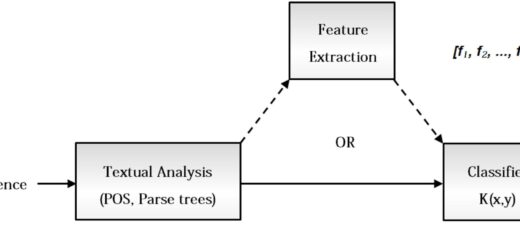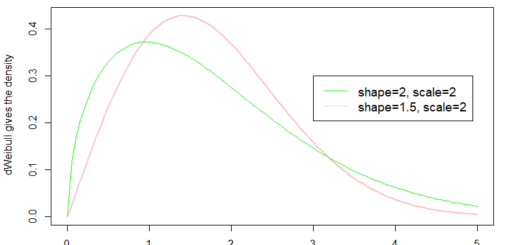A 30-Day Plan for Data Science
A 30-Day Plan for Data Science, The world of data science is ever-evolving, with new techniques, tools, and methodologies emerging constantly.
To stay ahead in this dynamic field, it’s crucial to adopt a mindset of continuous learning and improvement.
In this article, we’ll explore a 30-day plan that can help you embrace the rapid evolution of data science and maintain your proficiency.
Best GGPlot Themes You Should Know » Data Science Tutorials
Day 1-10: Establish a Solid Foundation
Begin by establishing a strong foundation in data science. Focus on understanding the core concepts and principles, including:
Programming Languages: Deepen your knowledge of Python and R, two of the most popular programming languages in data science.
Statistics and Mathematics: Strengthen your grasp of key statistical and mathematical concepts, such as probability, linear algebra, and calculus.
Data Manipulation: Gain proficiency in handling and manipulating data using libraries like Pandas and NumPy in Python.
Day 11-20: Expand Your Machine Learning Knowledge
During this phase, delve deeper into machine learning algorithms and techniques. Broaden your understanding of:
Supervised Learning: Study various regression and classification algorithms and their applications.
Unsupervised Learning: Learn clustering, dimensionality reduction (PCA), and other kinds of unsupervised learning techniques.
Model Evaluation: Familiarize yourself with different evaluation metrics and techniques to assess the performance of machine learning models.
Day 21-30: Embrace Lifelong Learning
In the final 10 days, focus on embracing continuous learning and staying updated with the latest advancements in data science. Engage in activities such as:
Reading Research Papers: Regularly read and analyze research papers to stay informed about cutting-edge techniques and methodologies.
Attending Workshops and Webinars: Participate in workshops, webinars, and online courses to expand your knowledge and network with professionals in the field.
Contributing to Open-Source Projects: Contribute to open-source projects on platforms like GitHub to gain practical experience and stay updated with the latest tools and libraries.
Networking: Engage with the data science community by attending conferences, joining online forums, and participating in discussions to learn from others and expand your network.
How to Calculate Cronbach’s Alpha in R-With Examples » finnstats
Conclusion
A 30-day plan can serve as an excellent starting point to kickstart your data science career or enhance your existing skills.
By continuously learning, adapting, and staying updated with the latest advancements, you can ensure a successful and rewarding career in this rapidly evolving field






